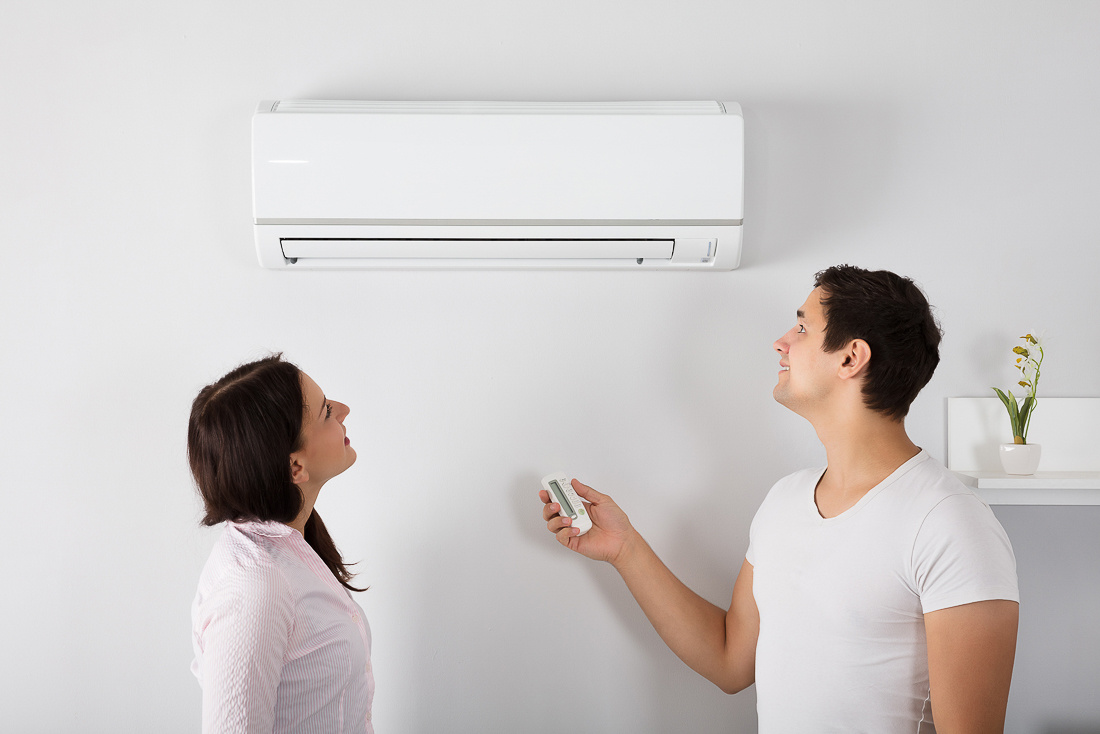The differences between the cooling cousins are subtle and many people think that they can do each other’s jobs. The truth is they can’t, as we’ll explain below. It’s important not to try and use either of these appliances for jobs they are not cut out to do. If you try, you may get a degree of success, but the units are likely to be overworked and prone to excess energy use. Ultimately, the units will fail.
Refrigeration
Most people understand that a fridge operates through the compression of coolant chemicals within the pipework, held in the fridge’s enclosed area. The temperature of the metal pipework or flat surface drops as the liquid inside turns to a gas and the air around it cools down. The compressor then does the job of increasing pressure and temperature and the gas returns to a liquid. The whole process then starts another cycle and continues to do so, lowering the temperature further with every cycle. The unit is eventually capable of freezing items, taking temperatures down to a thermostatically controlled level.
Fridges and freezers for commercial use tend to be very similar and many businesses with large industrial cold rooms for food storage areas tend to have banks of units set at different low temperatures to cover all foodstuffs.
The Key Statements about Refrigeration are:
- Fridges and Freezers keep the cold air close to the metal element.
- Fridges and Freezers use coolant only to create chilled air.
Air Conditioning
A lot of people think that their regular split air condition units are used for keeping food chilled in cellars or walk-in fridges. This is not the case. Perishables need to be kept at specific low temperatures, often lower than a person can tolerate for any length of time. Remember that the whole purpose of a cold room is to keep food and drink at constantly low temperatures. This task is much better suited to refrigeration units.
Although working to cool the air in the same way as a fridge, an air conditioner will move air away from the cooling element to freshen and cool a much greater space. Furthermore, an air conditioner will remove moisture and heat from a room. You’ll have noticed external drainage pipes coming out of AC units, disposing of the condensation it has collected. Larger AC systems will have ducting, often in ceiling space and of course, they make their presence known as fans are required to move the air around.
The Key Statements about Air Conditioning are:
- Air Conditioning units push air away from the cooling element.
- Air Conditioning units remove moisture and heat from the air in the room.
Chiller Maintenance
Chillers are an essential component of air conditioning systems for buildings and commercial spaces. These crucial components produce cold water to remove heat from the buildings. Apart from commercial spaces and buildings, chillers are also used to cool operational loads, including medical imaging paraphernalia, client-server rooms, and medical hallways. Most chillers rely on the mechanical operation of compressing a refrigerant to eliminate heat from the water.
Chillers are complex machines that are costly to purchase and run. That’s why it’s important to have a robust and period maintenance program that keeps them at optimal performance levels. As complex systems, it’s important to hire only the most experienced and expert chiller maintenance service provider who got the resources and experience to handle them.
We are proud to offer our clients reliable, effective, affordable, preventive chiller maintenance in Dubai. We are one of the most trusted air conditioning system service providers for residential and commercial units. We offer reliable and consistent chiller maintenance service for all major global manufacturers with a complete guarantee for material and work.



